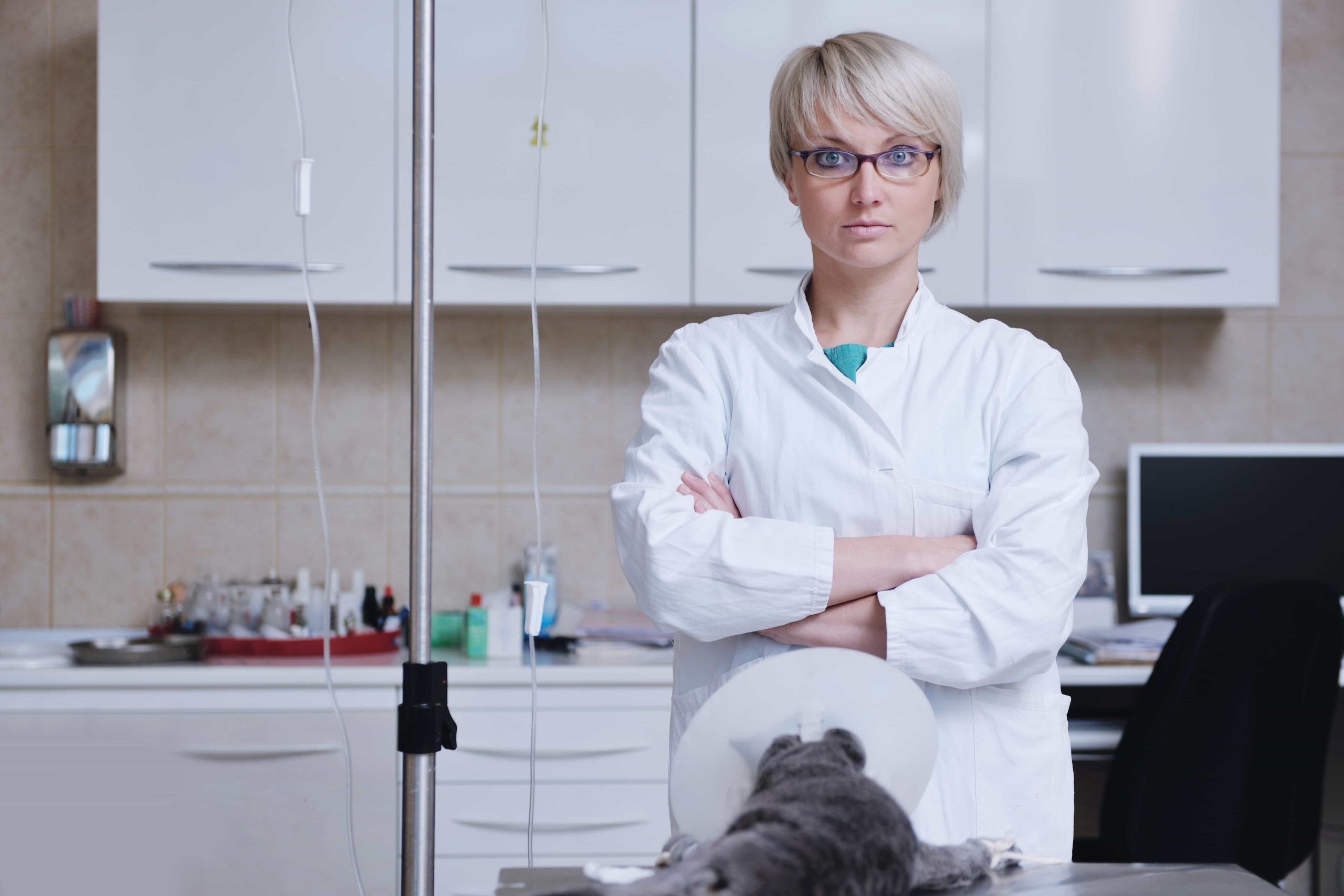Internal laboratory
We have a wide range of diagnostic equipment and procedures available in our internal laboratory at OrtonVets. Our equipment helps us to reach a diagnosis of your pet’s condition. Some of the tests available are discussed below but please contact us if you require any further information.
Blood analysis
With our modern internal laboratory we are able to provide same day blood test results for your pets.
Urine analysis
We can measure a large number of parameters including concentration, glucose, protein levels, pH and the presence of blood or bacteria.
We are also able examine urine sediment with microscopy to check for the presence of crystals.
Blood pressure measurement
In some cases, that is the indication of incipient kidney, thyroid or heart disease. Our equipment allows rapid, non-invasive and accurate assessment of systolic and diastolic blood pressure.
The External Laboratory
Many tests require either specialized equipment or training of technicians performing the tests. For these reasons, many veterinarians send the samples to an outside laboratory. Some tests are similar to internal tests, but advanced testing equipment and quality control procedures in a specialized facility may offer advantages in speed and accuracy. For example, the specialized laboratory will usually have staff pathologists to identify abnormal red or white blood cells. Both of which can help confirm a disease diagnosis, during routine tests on a blood sample.
Most laboratories offer a basic group of tests, which is known as a basic chemistry test panel that provides information regarding many general health problems. Having a laboratory perform these tests can help point to a diagnosis, particularly if the animal has vague signs and a history that make it difficult to determine the problem.
When pets have an infection, it is very important to identify the specific bacteria or other organism. Although many microbiology tests can be performed at veterinary clinics, your veterinarian may prefer to have the samples tested at an outside laboratory. In most cases your veterinarian will then carefully take a sample from a site on your pet that is typical for the infectious disease.In that case, samples are examined under a microscope along with a culture test. Sometimes the bacteria have to be tested with different antibiotics to determine which one will be most effective. This will take a little bit longer but helps your veterinarian avoid treatment with an antibiotic that is not effective. For more information also see professional content regarding laboratory tests.
For more information about all these please Contact us.




